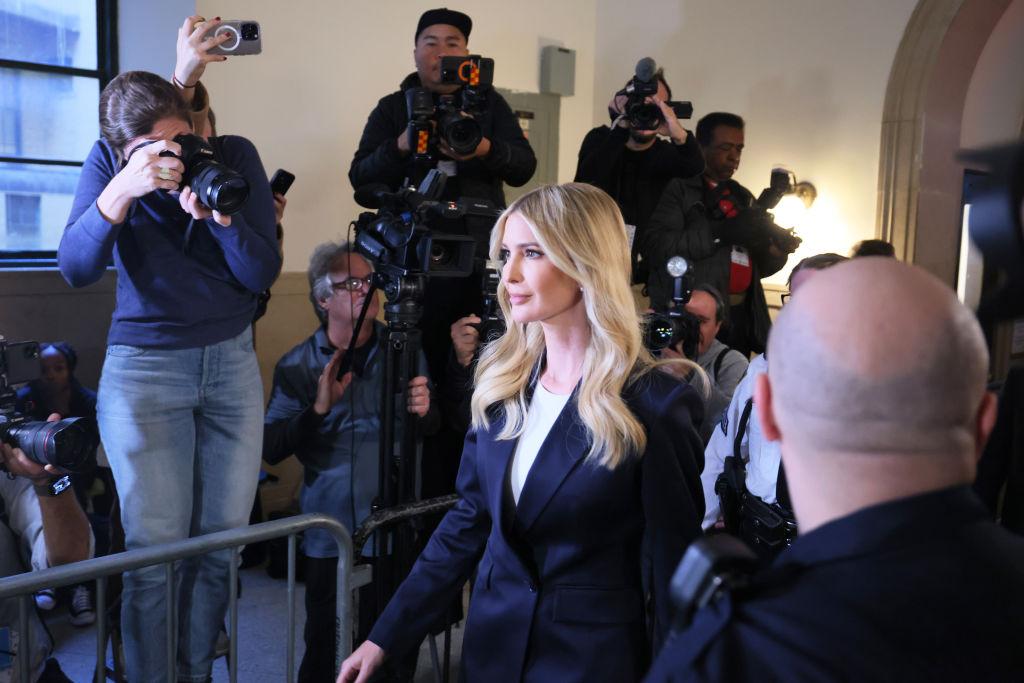NEW YORK—Ivanka Trump was the last of the witnesses called by the New York Attorney General’s office in its case against her father, former President Donald Trump, and the Trump Organization’s top executives.
The former president’s older daughter testified on Nov. 8 about her involvement up through 2016—about matters outside the case’s statute of limitations.






